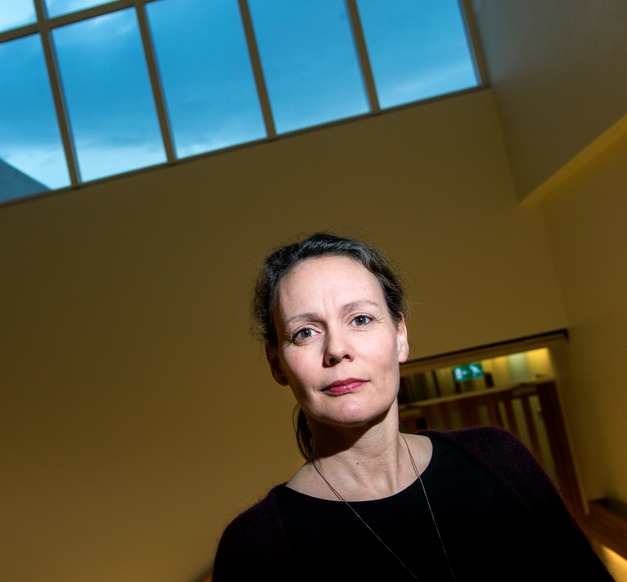Observers of the United Nations conference on climate change in late 2015 will realise that the human race faces a great challenge in climate issues – a challenge that demands extensive cooperation between nations, communities, and scientists. Within the University of Iceland groups of scientists and students have in the last few years worked on projects with colleagues around the world aimed at finding new ways to react to climate change. One of them is NORD-STAR, (Nordic strategic adaptation research to climate change).
“The NORD-STAR group bases its work on the claim that coordination is essential in measures taken to reduce the net emission of greenhouse gases on the one hand, and in efforts to adapt to climate change on the other. The goal of the project is to develop methods and practical tools that can lead to better informed decision making in these matters,” says Brynhildur Davíðsdóttir, Professor of Environment and Natural Resources, and the project’s representative in Iceland.
Scientists from nine institutions from all over the Nordic region participate in the project. “It was simply an honour to get to work with such a dynamic and fun group of scientists. The project is very interesting; in the world of environmental and natural resources, studies in climate change are currently the hottest issue,” says Davíðsdóttir when asked why she decided to join the project.
A group of post-docs, doctoral candidates and lecturers at the University are involved in the project, and its output is manifold. “We have for example developed system models of energy use for Iceland and all the Nordic countries where we analyse how Iceland can become carbon neutral, and compare different ways to achieve this, for example considering cost. Another interesting product is a model that owners of real estate can use to look at the potential influence of climate change on the price of their assets. Furthermore we have developed courses for the whole Nordic region for Master’s and doctoral students on adaptation to climate change,” Davíðsdóttir observes.
Davíðsdóttir says the value of the project is threefold. “Building an extensive network where post-docs, doctoral students and academics benefit – through this work we have connected with scientists in the States and New Zealand and in all the Nordic countries. The project gives us the opportunity to attract top scientists to Iceland to work on interesting projects and to take our research to the next level through such collaboration. NORD-STAR makes it easier for us to conduct research on socially important issues, and climate change most certainly fits the bill,” says Davíðsdóttir.



